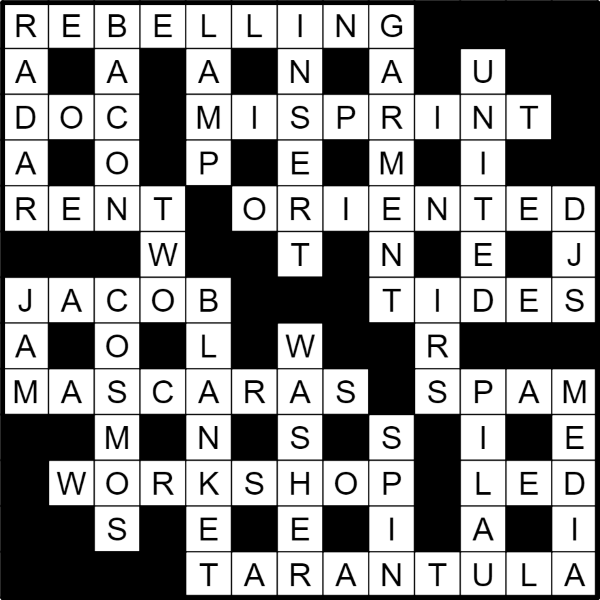Professor Nigel Biggar has accused Bloomsbury Publishing of cancelling his book on colonialism, in which he suggests that the British Empire has been overly criticised. Bloomsbury, a London-based publishing house, has opted to pay off Biggar rather than publish his book despite initially describing it as a work of ‘major importance’.
Biggar, an eminent Oxford academic whose research includes the ‘ethics of empire’ and nationality, reports that the company approached him in 2018 to write a book about colonialism. The finished book was titled “Colonialism: A Moral Reckoning” and was presented to Bloomsbury in late 2020. The book broadly deals with the historiography of the British Empire and argues that some historians have overstated the sins of the empire. Biggar argues that the abolition of slavery provides evidence that the empire increasingly came to be defined by liberal ideals and humanitarianism. He concludes his book by suggesting that despite moments of brutality and exploitation, empire also exerted a ‘civilising’ influence on its colonies.
Biggar’s work on rehabilitating the empire is controversial and has been criticised by other academics, particularly in light of an increased emphasis on anti- colonialism within academia and the ‘Rhodes Must Fall’ debate. Pratinav Anil, lecturer in History at St Edmund Hall, Oxford, wrote The Times: “Biggar makes a good Samaritan of a gold digger. His Cecil Rhodes is an unrecognizable reformer, an altruist among entrepreneurs, rescuing African men from a ‘life of sloth’ and inebriation, donating land to natives, hammering out an interracial peace. This is hard to square with the facts of his life.’
Nevertheless, Biggar’s editor at Bloomsbury reacted with enthusiasm to the finished manuscript, remarking: “your research is exhaustive. Your argument is conveyed with care and precision. This is such an important book.”
However, three months later, Biggar received an email from Sarah Broadway, the Head of Special Interest Publishing at Bloomsbury, stating that “conditions are not currently favourable to publication”.
When asked for clarification, she explained: “we consider that public feeling on the subject does not currently support the publication of the book and will reassess that next year.”
Biggar replied asking for further clarification and pointing out that public feeling was ‘diverse’. The Times reports that in his email to Broadway, he questioned: “which public feeling concerns you; in what sense is it ‘unfavourable’ to publication; and what would need to change to make it ‘favourable’ again?’
Broadway emailed back, concluding that Bloomsbury had found the criteria ‘difficult to define objectively’. She added: “we have concluded that this subjectivity could lead to your book being in a limbo lasting more than a year or it might not but we don’t wish to put you in that position of uncertainty.” Following this, she suggested that Biggar would be released from his contract with Bloomsbury. He replied: “it is quite clear … the public feeling that concerns you is that of – for want of a more scientific term – the ‘woke’ Left.”
He added: “Rather than publish cogent arguments and important truths that would attract the aggression of these illiberals, you chose to align yourselves with them by de-platforming me. In so doing, you have made your own contribution to the expansion of authoritarianism and the shrinking of moral and political diversity.”
Biggar has previously been criticised for his ‘Ethics and Empire’ project, starting in 2017, at the McDonald Centre at the University of Oxford. Its aim was developing ‘a nuanced and historically intelligent Christian ethic of empire’. Jon Wilson, Professor in Modern History at King’s College London, responded in his blog: “Developing a ‘Christian ethics of empire’ is not an intellectually sound, let alone an academically robust, endeavour – it is a political project much as an ‘Islamic’ or ‘Hindu’ ethics of empire might be.”
In this collective statement Wilson further stated that ‘as scholars of empire and colonialism, we are disappointed that Oxford is prepared to support such a project.’
When asked by Cherwell whether he thought there was been a recent pattern where books are left unpublished due to ‘public concerns’, Biggar responded: “There is plenty of evidence that in both the USA and the UK publishers are either censoring or refusing to publish material that does not accord with prevailing orthodoxies about gender, race, or colonial history.”
He cites the example of Bruce Gilley, who has had ‘several publishers cancel contracts they’d made with him under online pressure from activists.’ Biggar has previously defended Gilley’s article ‘The Case for Colonialism’.
When asked about the implications this has on future research, he told Cherwell: “it means that important topics will not be examined and cogent lines of reasoning will not be pursued, for fear of not being able to publish the results and wasting one’s time.”
“Colonialism: A Moral Reckoning” is now due to be published by William Collins.






